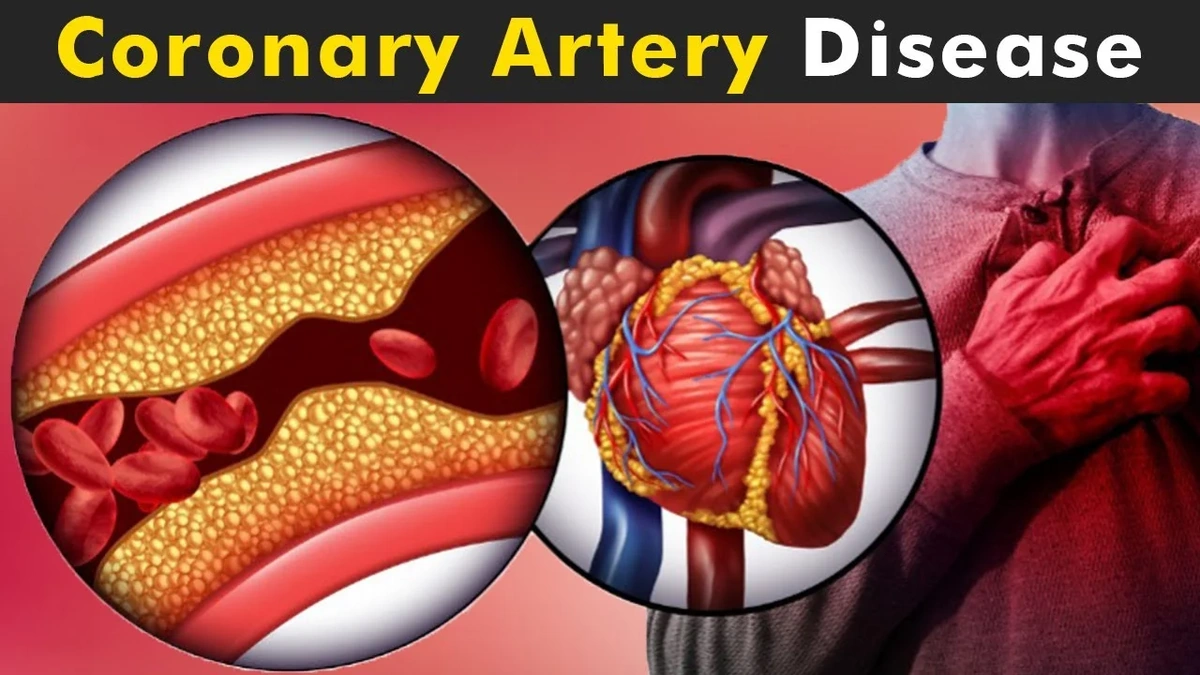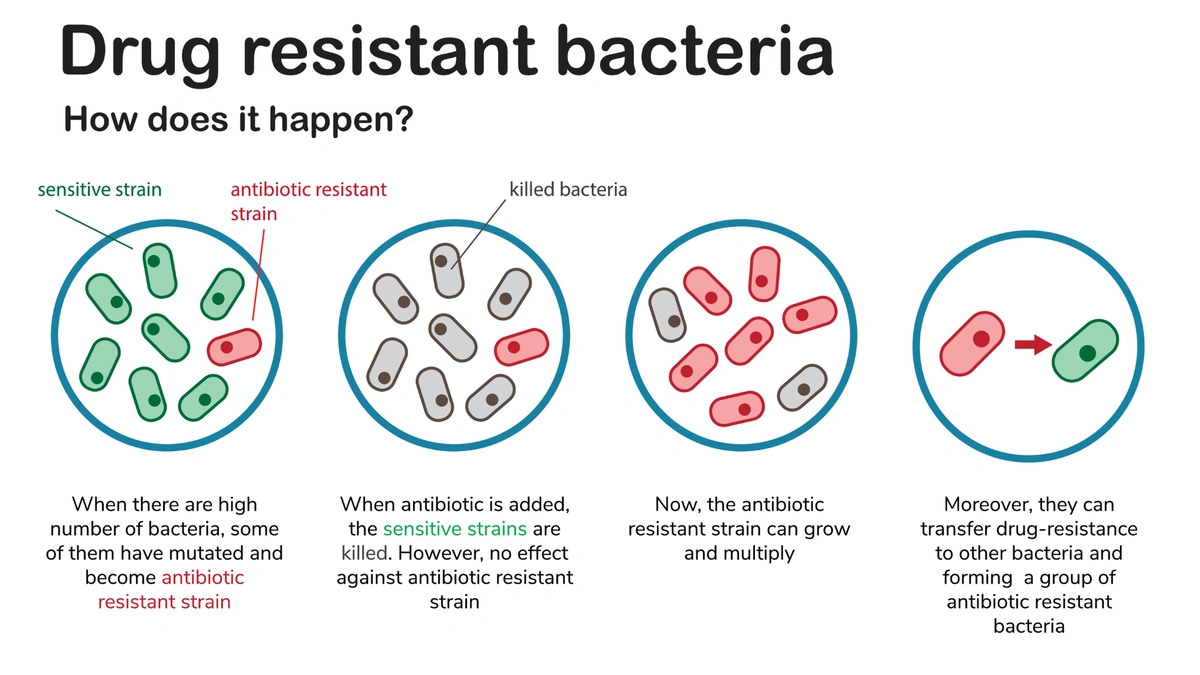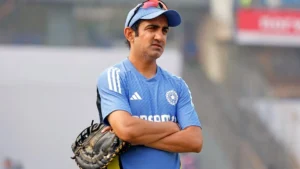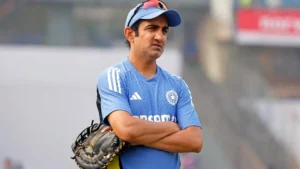Leading Causes of Death and Disability: Heart Disease, Stroke, and Diabetes – The Lancet Report
Alright, let’s talk about something crucial, something that affects us all, either directly or indirectly: heart disease , stroke, and diabetes. The Lancet, that venerable medical journal, has dropped a report, and while reports can sound dry as toast, this one is anything but. It’s a wake-up call, a flashing neon sign telling us we need to pay attention. But why should we care? That’s the question I want to tackle. It’s not just about numbers and statistics; it’s about real lives, families, and the future of our communities in India.
The Alarming Reality | Why This Matters to You

So, here’s the thing: The Lancet report isn’t just rehashing old news. It’s highlighting a disturbing trend – the relentless rise of cardiovascular diseases , strokes, and diabetes as leading causes of death and disability. And India, with its unique set of challenges – from dietary habits to access to healthcare – is particularly vulnerable. We are observing increased prevalence of metabolic risk factors, contributing to conditions such as ischemic heart disease .
But why should you, sitting there with your chai and newspaper (or, more likely, your smartphone), give a fig? Because these aren’t just abstract problems. They’re deeply personal. Think about your family, your friends, your community. How many people do you know who are battling these conditions? How many have been lost to them? The impact is devastating, not just on individuals, but on our society as a whole. The economic burden, the strain on our healthcare system, the loss of productive years – it all adds up. Prevention and management strategies are more crucial now than ever, and we need to understand modifiable risk factors.
Decoding the Risk Factors | What You Can Control
Okay, so what’s fueling this epidemic? The Lancet report points to a complex web of factors, but let’s break it down into what you, as an individual, can actually influence. It’s not about blaming or shaming; it’s about empowerment. We often ignore lifestyle choices , such as diet and exercise, but they play a critical role in maintaining heart health.
First up: Diet. Let’s be honest, many of our traditional diets, while delicious, are loaded with saturated fats, sugar, and salt. I am not saying abandon your favourite dishes, I am saying moderation. Balance is key. Incorporate more fruits, vegetables, and whole grains. Reduce processed foods. Small changes can make a big difference. Consider limiting your intake of trans fats and increasing your consumption of omega-3 fatty acids.
Next: Exercise. You don’t need to run a marathon. A brisk walk for 30 minutes most days of the week can do wonders. Find an activity you enjoy – dancing, swimming, yoga – and make it a habit. Physical activity is not just about weight management; it’s about strengthening your heart and improving your overall well-being. What fascinates me is how even small amounts of regular physical activity can drastically reduce your risk.
And then there’s stress. We live in a high-pressure world, and chronic stress takes a toll on our hearts. Find healthy ways to manage stress – meditation, spending time in nature, pursuing hobbies, connecting with loved ones. Prioritize your mental and emotional well-being. Mindfulness practices and social connections are also great ways to mitigate risk.
The Indian Context | Unique Challenges, Unique Solutions
Now, let’s talk about the Indian context. We face unique challenges when it comes to heart disease , stroke, and diabetes. For one, we have a genetic predisposition to these conditions. Plus, factors like air pollution, lack of access to quality healthcare in rural areas, and cultural norms that discourage preventive care all contribute to the problem. A significant number of deaths are attributed to coronary heart disease.
But here’s the thing: we also have unique strengths. We have a rich tradition of holistic healing practices like Ayurveda and Yoga, which can play a significant role in preventing and managing these conditions. We have a strong sense of community, which can provide support and encouragement for healthy lifestyle changes. And we have a growing awareness of the importance of preventive care. And remember, early detection and management are key.
What fascinates me is how we can blend the best of modern medicine with our traditional wisdom to create solutions that are tailored to our specific needs. It’s not about rejecting one in favor of the other; it’s about finding a harmonious balance.
Beyond Individual Action | A Call for Systemic Change
Look, individual action is crucial, but it’s not enough. We need systemic change to address the root causes of these diseases. That means investing in public health infrastructure, improving access to quality healthcare, promoting healthy food policies, and raising awareness about preventive care. It also means addressing social determinants of health, such as poverty, inequality, and lack of education. These factors significantly impact the prevalence of heart disease and other non-communicable diseases.
I initially thought this was straightforward, but then I realized the complexity of the situation. The government, the healthcare industry, the food industry, the media – we all have a role to play. We need to work together to create a healthier environment for everyone. Collaboration between healthcare providers, public health organizations, and community groups is essential for effective prevention and management. Let me rephrase that for clarity: This is not just a medical issue; it’s a societal one.
FAQ | Your Burning Questions Answered
Frequently Asked Questions
What are the early symptoms of heart disease that I should watch out for?
Chest pain, shortness of breath, fatigue, and swelling in the legs or ankles. Don’t ignore these signs; consult a doctor.
Can diabetes be reversed?
Type 2 diabetes can sometimes be put into remission through lifestyle changes, but it requires consistent effort.
What if I have a family history of heart disease?
You may be at higher risk, but you can still significantly reduce your chances of developing the condition through healthy lifestyle choices and regular check-ups.
How often should I get my cholesterol checked?
Talk to your doctor, but generally, every 4-6 years starting at age 20, or more frequently if you have risk factors.
Are there any specific foods I should avoid to protect my heart?
Limit saturated and trans fats, sugary drinks, processed foods, and excessive salt.
What’s the link between stroke and heart disease?
Heart disease can increase the risk of stroke, as blood clots can travel from the heart to the brain.
So, what’s the takeaway? This isn’t just another health report to skim over. It’s an invitation to take control of your health, to make informed choices, and to advocate for change in our communities. The future of our nation depends on it. Let’s start today.













